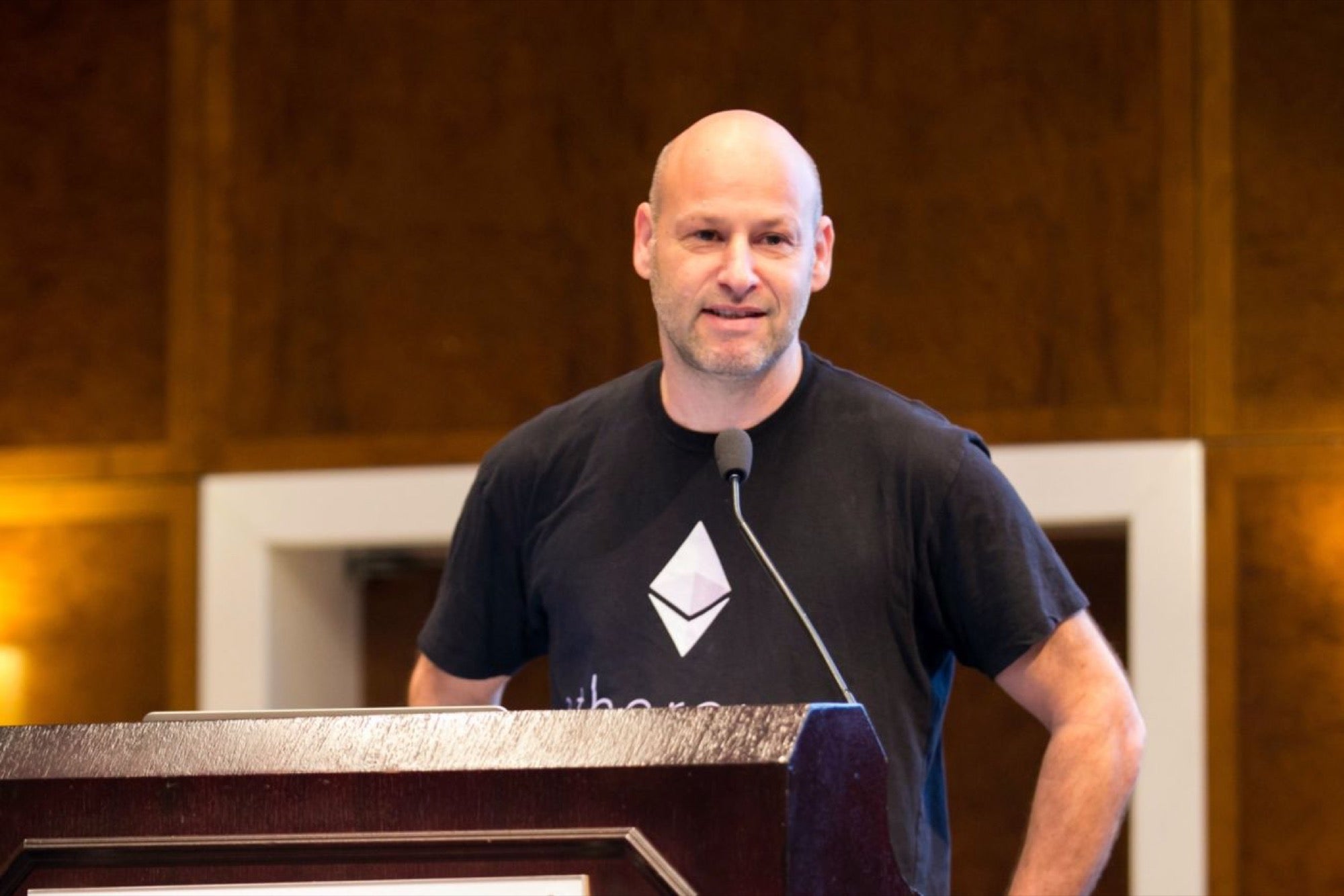Why A Carefully Thought-Out Term Sheet Can Be The Magic Bullet For VC Success With venture capitalists (VCs), it's very important to get down to the venture capital term sheet as soon as you can.
By Megha Merani
Opinions expressed by Entrepreneur contributors are their own.
You're reading Entrepreneur Middle East, an international franchise of Entrepreneur Media.

With venture capitalists (VCs), it's very important to get down to the venture capital term sheet as soon as you can.
That's according to Shahram Safai, Partner at Dubai-based Afridi and Angell Legal Consultants, who has been advising startups for more than 20 years.
"If these industry expected terms are not negotiated and considered now, as you're growing in a Series A or seed round, then you'll be forced into them on much more onerous terms later," he says. "So it is very important to become familiar with what a venture capital term sheet looks like."
The lawyer, who has advised founders and firms in Silicon Valley before moving to Dubai and worked on transactions for the likes of SoftBank and Careem, was speaking at a webinar organized by Dubai Startup Hub earlier this month.
The virtual event, introducing the Dubai market and how to incorporate a business in the emirate, was attended by Market Access alumni from across the globe.
Launched in 2017, Market Access is a first-of-its-kind program that helps innovative startups meet and secure deals with leading companies and government entities in Dubai.
Dubai Startup Hub, the entrepreneurship arm of Dubai Chamber, has taken its entire schedule of events online to support new members as well as continue delivery of all its programs and activities digitally. The move is in line with its business continuity measures and commitments towards fostering entrepreneurship in the Emirate following the COVID-19 outbreak. The digital initiatives are also geared toward helping startups sustain and grow despite challenging market conditions as a result of the ongoing pandemic.
"A carefully thought out and drafted term sheet can be the magic bullet for VC success," Safai says. "There are many provisions and considerations in it– it's a mix of business and law."
So, what is a VC term sheet?
"This is the term sheet you would look at generally when you're looking at raising money for your company, which is critical to growth," Safai explains. "The primary method for raising money through venture capital is preferred share. When you incorporate a company you generally incorporate it with common shares. It's the simple garden variety share. It doesn't have that many additional super rights [and] it gives you a right to vote and received information. But when someone comes in to invest in your company -a venture capital investor or any other investor- they usually, if they know what they're doing, ask for preferred shares."
Preferred shares have "super rights", he adds, that give investors the right to sit on the board and the right to approve certain things, making preferred shares and their affiliated rights key to venture capital investments.
A term sheet typically runs anywhere from 10 to 15 pages.
"[It] includes the amount of money you're raising– the amount of financing and what the valuation of your company is, how much your company is worth," the lawyer says. "It says whether you're going to pay dividends or whether they're discretionary, and generally they're discretionary, and what is the liquidation preference."
Liquidation preference is usually "hotly negotiated", Safai adds. "It means how much they [investors] get when the company is sold– when an exit happens or the company goes public. Do they get the money first, before other shareholders? Do they get 1X or 2X? So liquidation preference is significant."
Another preference that's negotiated is anti-dilution rights.
"If you sell your share at a dollar and then later on the company is not doing so well and you have to sell those shares at 50 cents, then anti-dilution provisions kick in to give them extra shares so they can maintain their percentage in the company," Safai explains.
Meanwhile, board and shareholder protective provisions are also significant when terms are negotiated.
"Venture capitalists or other investors generally will ask for siting on a board seat or approval rights for certain things that you may do," he says. "The same goes for shareholder meetings and rights."
Investors also need to see information rights and rights to buy shares on the term sheet.
"[This] refers to the information they want to have information from you on a quarterly basis, [such as] financial or operational," Safai adds.
Employment stock option pool and vesting is also something that's considered and put in a term sheet.
With startups generally strapped for cash in the early stages, employees are often incentivized with stock options.
"There's usually a stock option pool that's set aside as a percentage of the capital or shares of the company," Safai explains, adding that investors want to know how that works and how the shares vest as employees get to own them over time.
But before any transaction, the lawyer adds, there's also a condition precedent to moving ahead with a financing and term sheet.
"[The condition precedent] generally includes due diligence to make sure an investor is happy with the condition of the company," he says. "And of course expert advice and knowledgeable guidance are a necessity to progress and have a successful startup."
Term Sheet Checklist
- Amount of financing and valuation
- Dividends and liquidation preference
- Anti-dilution rights
- Board and shareholder protective provisions
- Information rights and rights to buy shares
- Employment stock option pool and vesting
- Drag along and tag along rights
- Other provisions
- Conditions precedent
This article was originally published on Dubai Startup Hub and has been reposted on Entrepreneur Middle East based on a mutual agreement between the websites.













